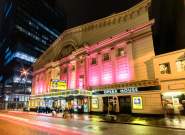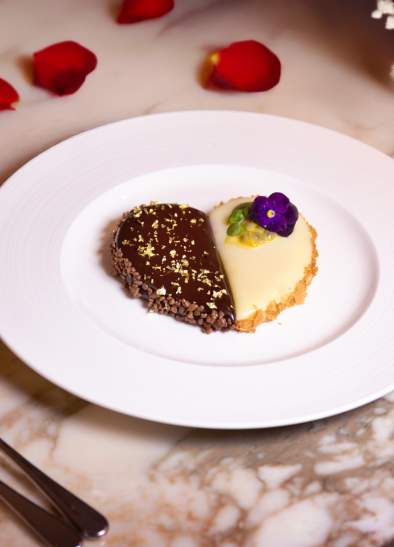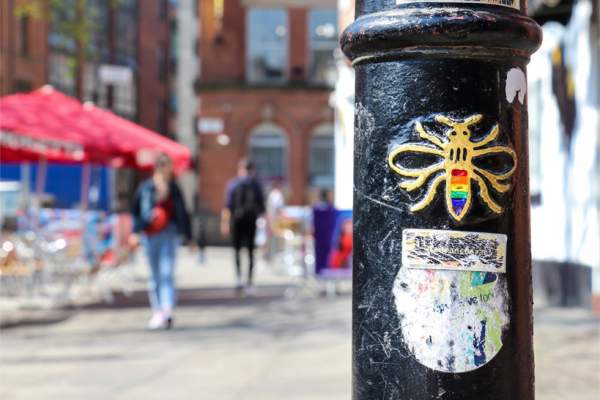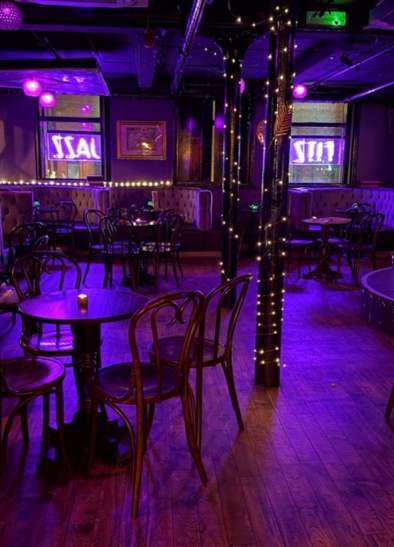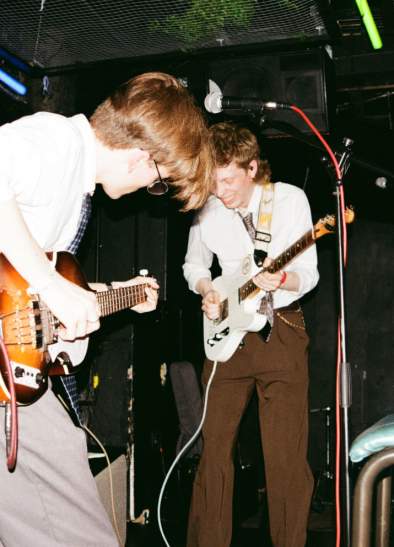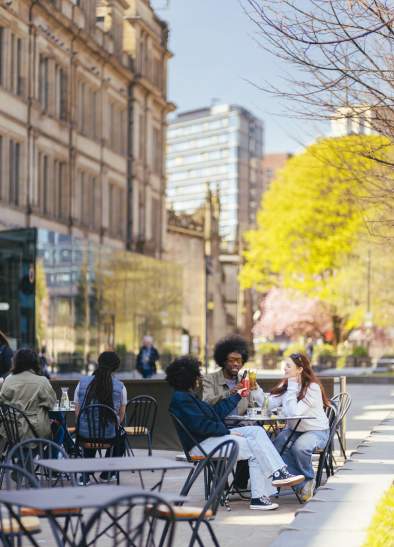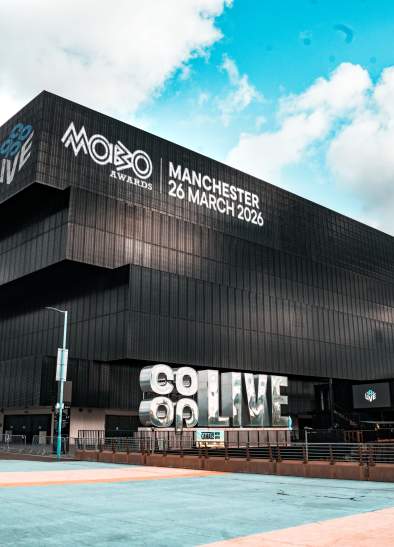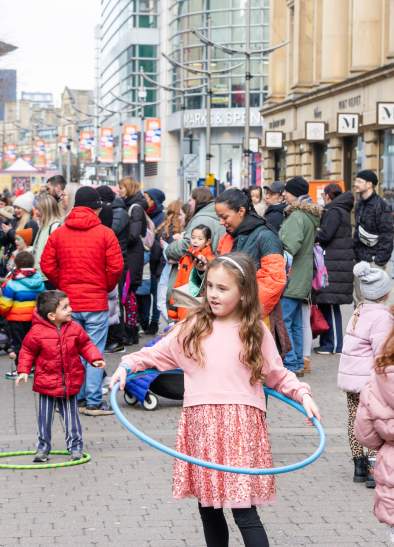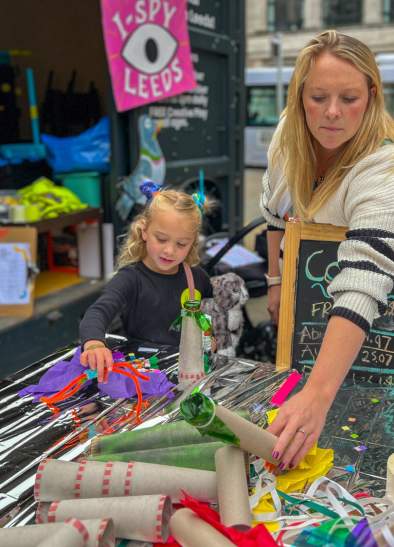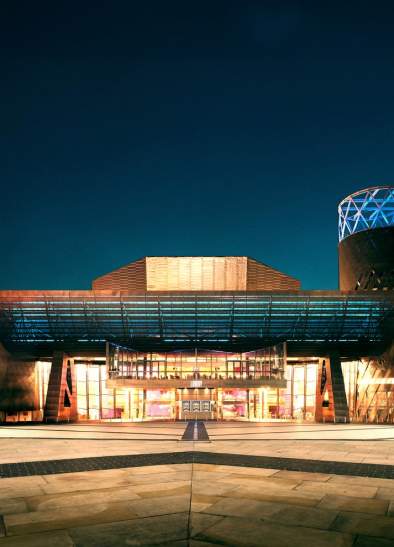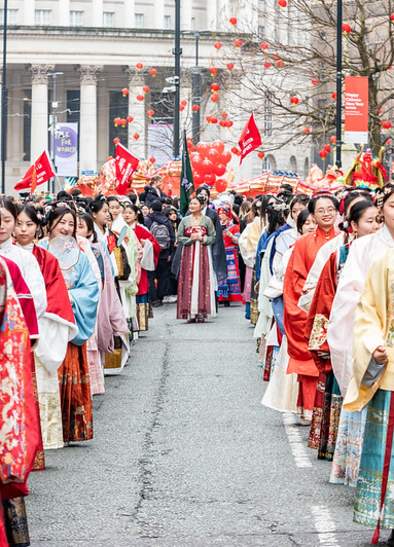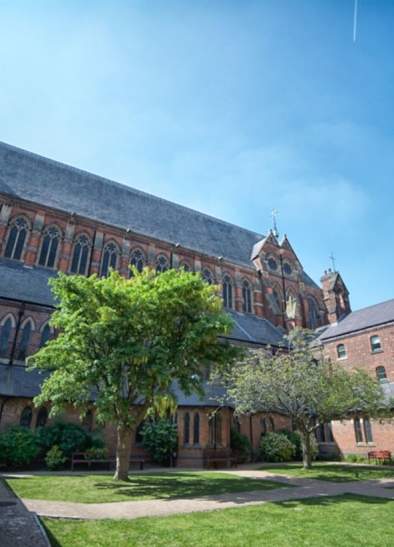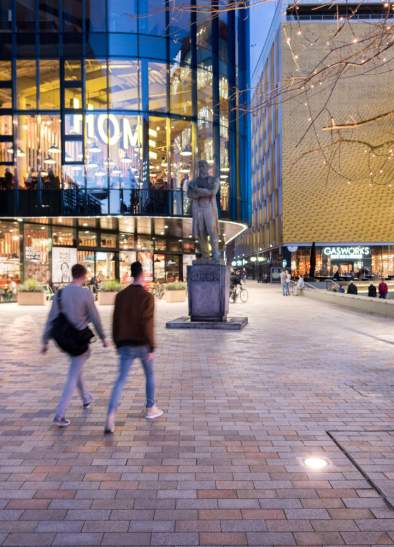By Anne Beswick
There are bees all over Manchester, swarms of those sweetest and busiest of insects are everywhere. Even in the depths of winter they are here, on every bollard and bench, on buildings and bins all over our city.
.jpg)
The bee is the symbol of Manchester and this city of industry is rightly proud of its link with the hard-working insect. In 1842, the early city fathers had to decide on a coat of arms that would tell the world who we were. It was a Victorian branding exercise. They included a globe with seven bees to show how we worked and traded across the seven seas. The Manchester bee was born of industry.
Manchester’s bee is a worker bee, reflecting a city made by the workers; made by the people, not a city that has grown from royal patronage or easy natural resources. Mancunians have worked hard to make this place thrive.
The standard bee on our street furniture has been around since the 1970s but most of our bees are 19th century creations. Bee-spotting is a good way to spend time in the city. When you’re strolling the streets, look up, look around and you’ll see them everywhere.
On the coat of arms on the exterior of Manchester Town Hall - which is currently undertaking a large refurbishment to lovingly return it to its 1868 splendour - you will find the busy worker bees proudly displayed. You’ll see lots of references to cotton on the building, and cotton was the industry that made Manchester rich, the city’s equivalent of honey.
More bees can be found at Spring Gardens, Hotel Gotham and Zizzi in King Street has a fine traditional beehive in the window that you can view whilst walking past. There is Beehive mill in Ancoats, and St Ann’s Square has oversized 1980s bees opposite the Royal Exchange. Stroll down to the Kimpton Clocktower on Oxford Road and look way up, at the clock face where bees tell the quarter hours. The ancient-and-modern University of Manchester also has three large bee symbols on its coat of arms.
Manchester claimed the bee because she is an industrious little grafter, individually insignificant but collectively a superorganism. Together we are stronger. And bees are amazing; jaw-droppingly stunning.
An individual worker bee lives for about three weeks in the busiest summer months. She visits between 50 to 100 flowers on each flight and up to 2,000 flowers daily. As well as producing honey she makes beeswax, propolis (a sort of disinfectant that is plastered around the entrance to the hive) and royal jelly to feed the queen.
Worker bees are all female whilst the males are called drones. The latter are useful for one thing then they are thrown out of the hive and the females get on with all the work. Please consider this and draw your own conclusions. Just remember that Manchester is well-known for its strong women! Emmeline Pankhurst, Enriqueta Rylands, Dame Nancy Rothwell, Maxine Peake, to name a few.
The special thing about the human relationship with bees is that we can control them and exploit their products. Honeybees (Apis mellifera) are the only insects that have been domesticated and have been since at least the days of the ancient Egyptians. Jars of honey were found in the tomb of Tutankhamun.
The Old English custom of “telling the bees” reflects the close bond between beekeeper and bee-kept. This commands that all major family issues (births, marriages and deaths but general gossip too) must be reported to the bees or they will fly off, die, or fail to produce honey. This could be seen as a quaint old custom or just a way of encouraging that proper attention is paid to the hive.
And Manchester did not always pay good attention to her adopted insects. One thing we are not so proud of hereabouts is that we practically invented air pollution or, at least, the Industrial Revolution left us with a legacy of biological degradation second to none.
We have spent many years rebuilding our environment and connecting back with the wider world around us and this means that our bees are back! There are beehives all around the city, on top of the Cathedral, the Printworks, Manchester Art Gallery, Manchester Central conference centre and even on some commercial buildings around the city.
These bees are lovingly tended to by volunteers with an evangelical zeal for their new charges. Come the warmer days of spring and summer, real honeybees flit above our heads, busy as Mancunians. Proper Manchester honey can even be bought in some of the associated buildings and their shops. The Manchester and District beekeepers Association (mdbka.com) has its home at Heaton Park just north of the city where you can see a demonstration hive and get lots of information and advice if you wish to give beekeeping a go.
We can all help the bees. Even if you don’t think that baggy combination of white canvas and netting is quite your look you can do your bit by putting out food for bees. They need flowers; simple, open flowers from spring to autumn. They like native and exotic species equally; bees aren’t prejudiced, as long as there is nectar, pollen and easy access.
You can be part of this and grow your own bee-friendly flowers. In the Spring, bees love; rosemary, pussy willow, bluebell, primrose, and Hawthorne. Mid-summer calls for other plants such as; foxglove, honeysuckle, sage, clover, geranium, teasel, and thyme; and bee-friendly plants that grow in late Summer/Autumn include; buddleia, heather, lavender, marjoram, sedum, and Ivy.
In Manchester, flowers are coming back too. Planters are dotted about, flowering green walls appearing, gardens are springing up in previously unlikely spaces and sympathetic apartment dwellers are planting windowsills and balconies and welcoming the bees. Local people are working together to blur the division between urban and rural and the bees are back.
Manchester is back too. After many mid-twentieth century years in the doldrums, this city is on a rapid ascent. As well as all the business, sport, culture and conferences, tourists are coming in ever-larger numbers.
Before the Industrial Revolution bees made honey and people loved it. Industry turned the world upside down forever. Manchester, the original, modern city was born. Now the city is growing up and linking back to the best bits of the past. Welcome home bees.
Manchester Bee Trail
Explore Manchester's bee trail with our map featuring the city's best bee-inspired locations. This guide is perfect for locals and visitors looking to discover Manchester's iconic bee symbols and vibrant public art.
Explore Manchester's bee trail with our map featuring the city's best bee-inspired locations. This guide is perfect for locals and visitors looking to discover Manchester's iconic bee symbols and vibrant public art. Blue marks the Bee in the City sculptures from…
Explore more...
Introducing The Fitzgerald
- 4 minute read
Tucked just off Stevenson Square, you'll find The Fitzgerald. Inspired by the secret drinking…
The Palace Theatre and Opera House announce an exciting year of musicals
- 1 minute read
Enjoy the magic of musicals at Manchester’s iconic theatres that define the city's rich…
Manchester’s Next Wave: Rising Artists You Need to Know
- 18 minute read
With the BRIT Awards arriving in Manchester for the first time, all eyes are on the city. Away from…
The Best Midweek Deals to Take Advantage of in Manchester
- 10 minute read
Who says dining out has to wait for the weekend? In Manchester, some of the best food deals pop up…
2026 MOBO Awards announce hosts and first wave of performers
- 2 minute read
Manchester will take centre stage this spring as the MOBO Awards return on 26 March 2026, bringing a…
Nominations Announced for the The BRIT Awards 2026 with Mastercard
- 9 minute read
Nominations for The BRIT Awards 2026 with Mastercard were announced today exclusively via Bring on…
February half term in Manchester
- 2 minute read
As the first half term of 2026 approaches, you might be looking for activities to keep the kids busy…
Make the Most of February Half Term at Manchester’s Super Duper Family Festival
- 6 minute read
This February half term, Manchester city centre becomes the ultimate playground for families as the…
What's on at Lowry 2026
- 6 minute read
Enjoy unmissable experiences and inspiring performances in 2026 at Salford's iconic theatre…
Things to Do This Valentine's in Greater Manchester
- 19 minute read
As Valentine's Day approaches, we've compiled the ultimate itinerary to celebrate the…
Manchester Chinatown's Chinese New Year Festivities
- 3 minute read
Manchester does Lunar New Year like nowhere else in the UK. Bold, colourful and full of life, the…
Restaurants in Manchester to try this Lunar New Year
- 8 minute read
From 17 February 2026, people around the world will be ringing in the Lunar New Year and welcoming…
Manchester Fitness and Wellness Studios and Clubs to Try This Year
- 9 minute read
January in Manchester often arrives with cold mornings, darker evenings, and a collective urge to…
The Monastery of St Francis & Gorton Trust at 30: Celebrating Three Decades of Transformation
- 3 minute read
In 2026, The Monastery of St Francis & Gorton Trust is proudly celebrating its 30th anniversary…
Manchester Through the Lens: A Film & TV Escape
- 7 minute read
Manchester has become one of the UK’s most exciting cities for film and TV, with its streets…



